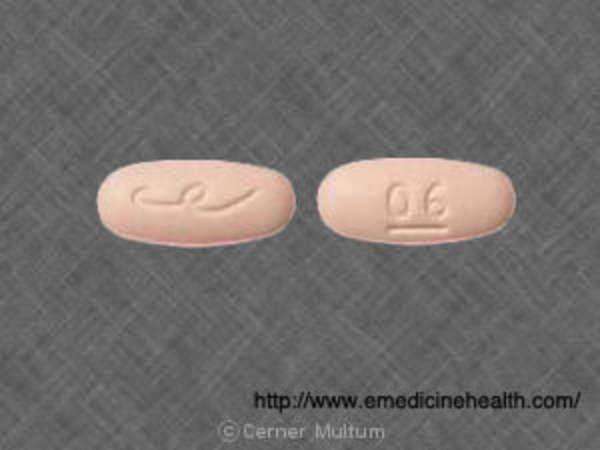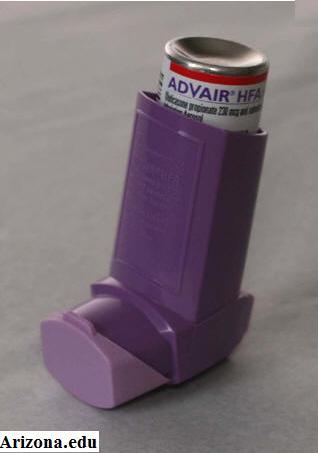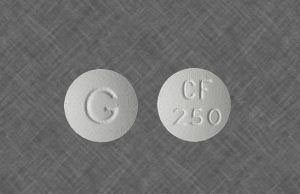Alli Weight Loss Side Effects

Common Alli Weight Loss Side Effects
Weight loss Alli medication, because of its lipid inhibitor, is a wildly popular fat-loss medication. The drug, which features numerous Alli weight loss side effects, has been viewed by the United States Food and Drug Administration as causing more good than bad. This review, which was conducted during the summer of 2009, ultimately saved the drug from being recalled. Even with the FDA’s favorable ruling, the Alli weight loss side effects should be understood and taken seriously. All users of the drug should be aware of said Alli weight loss side effects. If a user experiences severe or persistent Alli weight loss side effects they are strongly encouraged to contact their local pharmacist or medical doctor.
Orlistat, which is the primary drug of Alli (the over-the-counter version of Alli) may cause Alli weight loss side effects. The word “may” is operative, for Alli weight loss side effects are not experienced by all users of the weight loss Alli tablet.
Common Alli weight loss side effects include the following:
• Alli weight loss side effects: gas with oily spotting, fatty or oily stools, loose stools and an urgent need to go to the bathroom
• Side effects for the weight loss Alli pill also include: stomach pain, headaches, anxiety, irregular menstrual periods, pain or discomfort in the anal tract and dizziness
• Other side effects of the weight loss Alli pill can be more severe. These Alli weight loss side effects require medical intervention. Alli weight loss side effects that are deemed severe in nature are:
o Itching
o Hives
o Rash
o Difficulty swallowing or breathing
o Vomiting
o Loss of appetite
o Pain in the upper right portion of the stomach
o Light-colored stools
o Dark-colored urine
o Yellowing of the eyes or skin
o Continuous stomach pain or severe pains in the stomach
Again, if you experience any of the above Alli weight loss side effects when consuming the weight loss Alli tablet please do not hesitate to contact your doctor. If the problems persist, you should send a report to the United States Food and Drug Administration’s Adverse Event program which can be attained online at https://www.fda.gov/Safety/MedWatch or by telephone at 1-800-332-1088
Oristat, which again is the primary drug found in the weight loss Alli tablet, can cause other side effects. If you experience any complications while taking the weight loss Alli tablet please call your doctor and inform him/her of any unusual problems you are facing during your treatment.
Can I Minimize the Alli Weight Loss Side Effects?
The best way to curb the Alli weight loss side effects associated with the weight loss Alli tablet is to follow instructions. If you are taking Oristat be sure to heed your doctor’s advice regarding dosage and time of consumption. If you are taking the over the counter version (known as Alli), please follow the instructions located on the box. You must also keep the weight loss Alli medication in the container it came in; the container should be tightly closed and kept out of the reach of children. Also, please throw away any weight loss Alli medication is no longer needed or outdated. Please contact your pharmacist concerning proper disposal techniques.





















